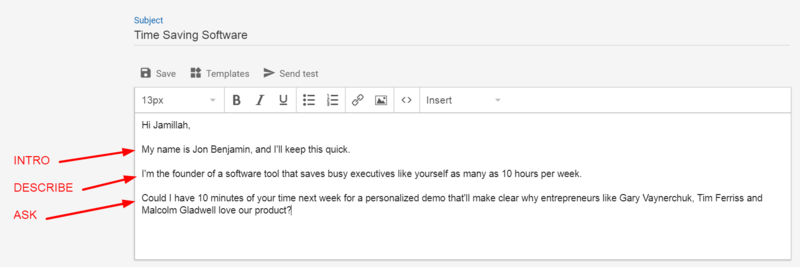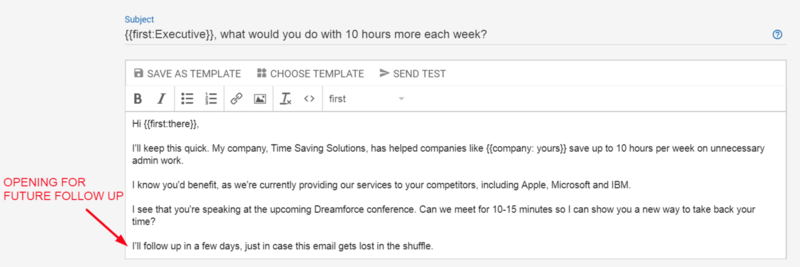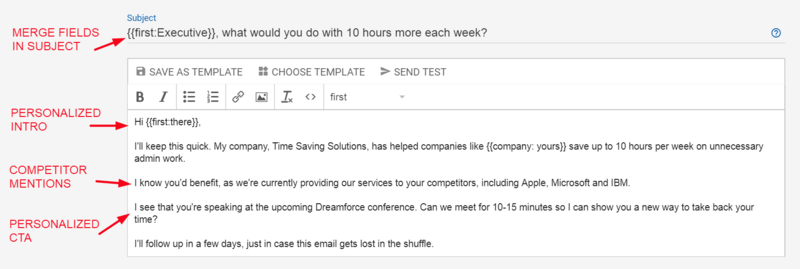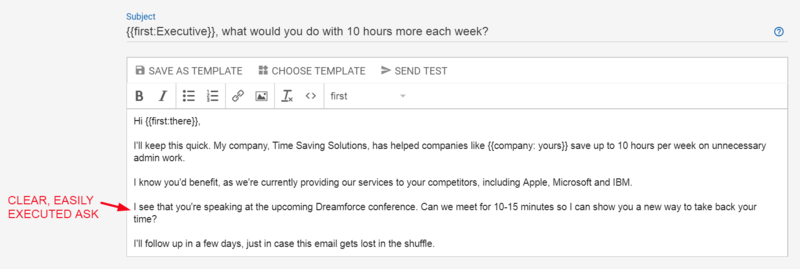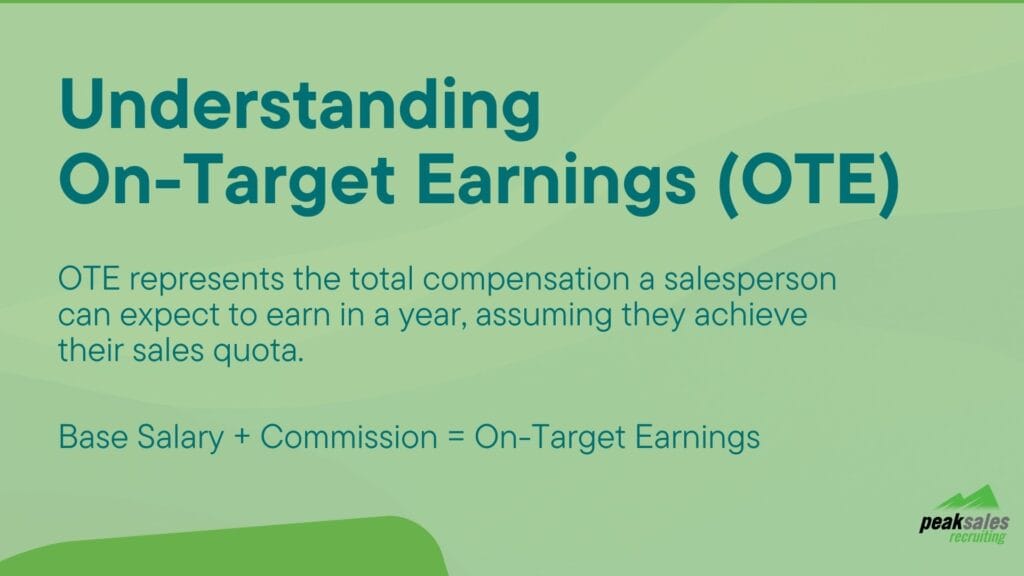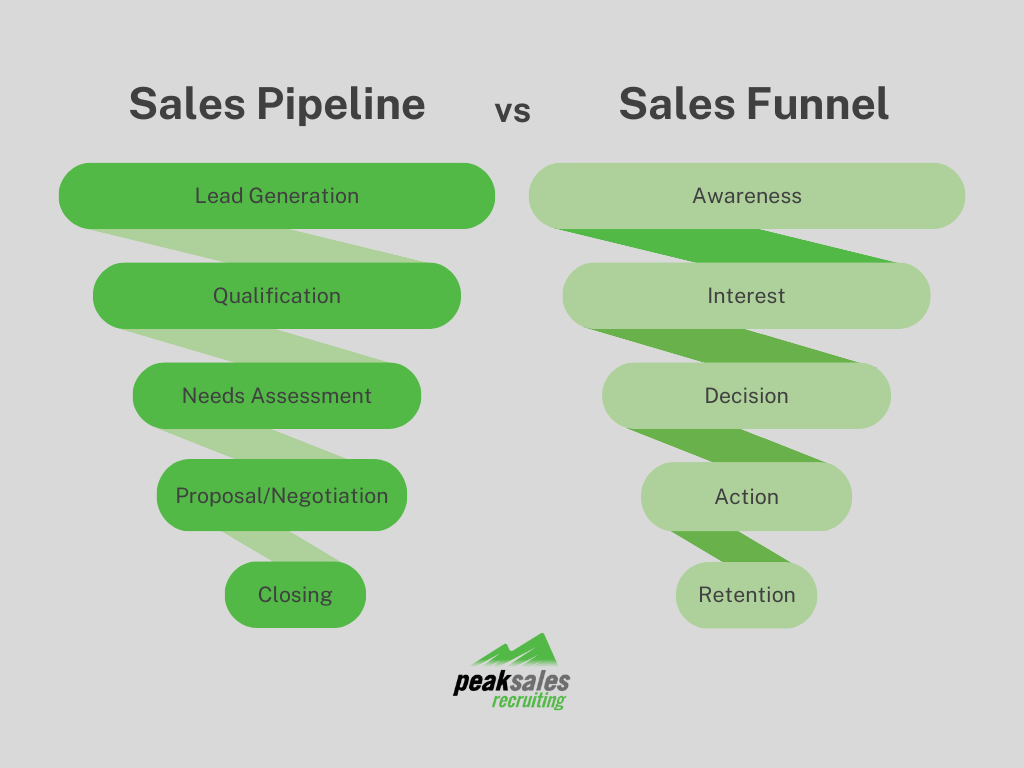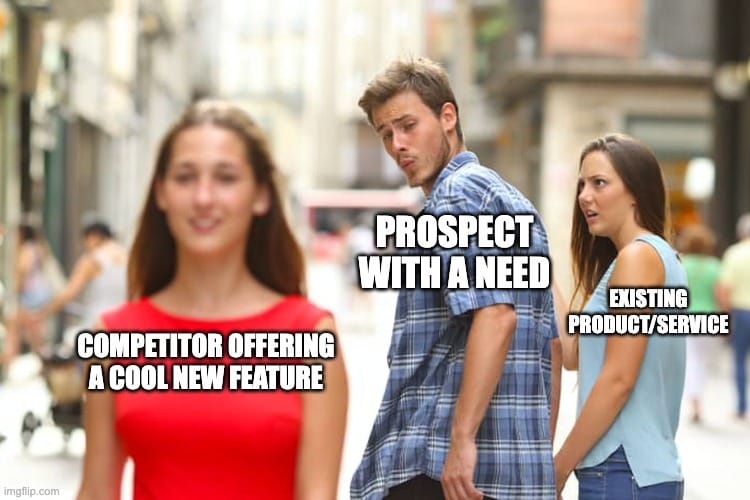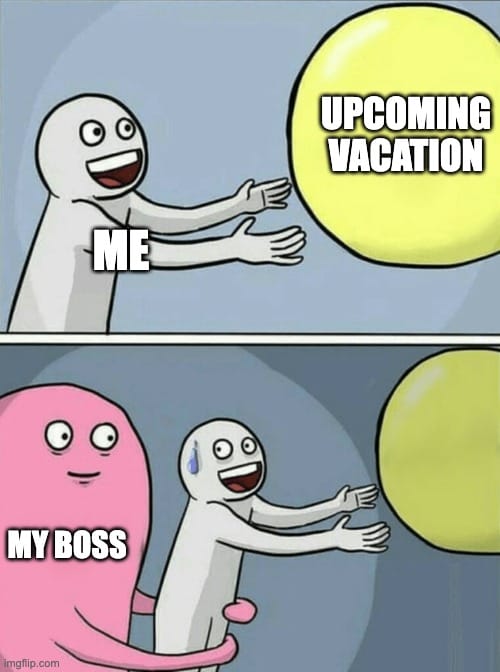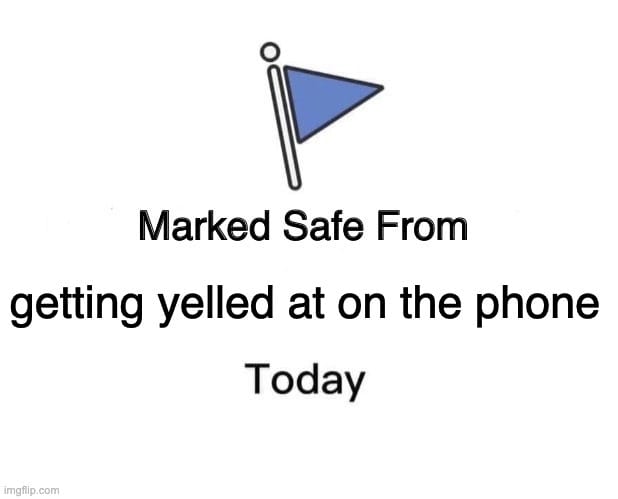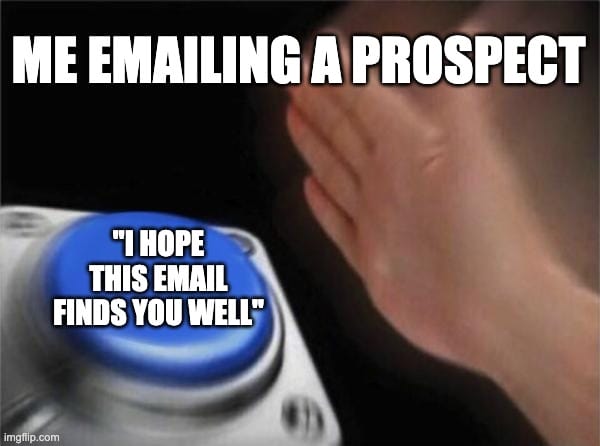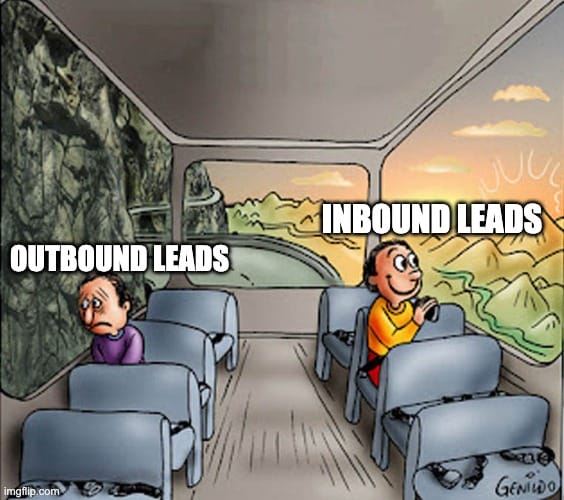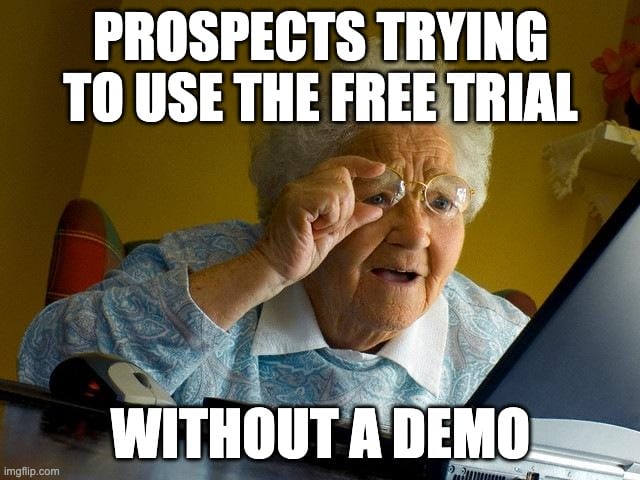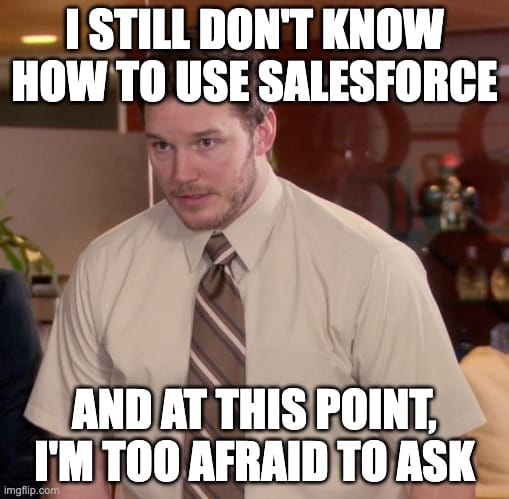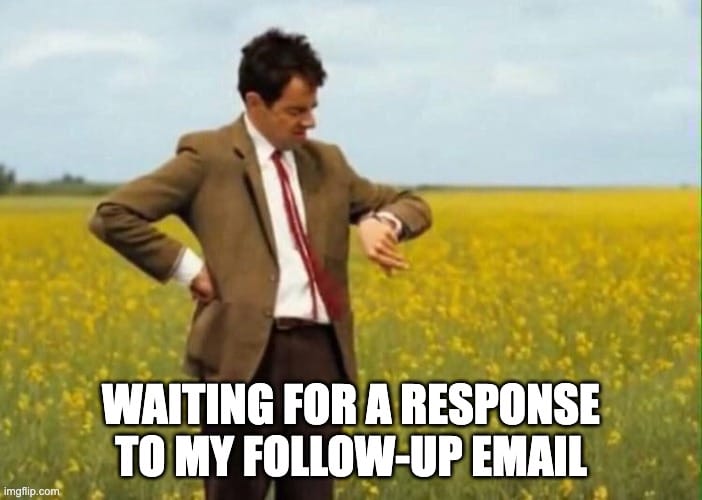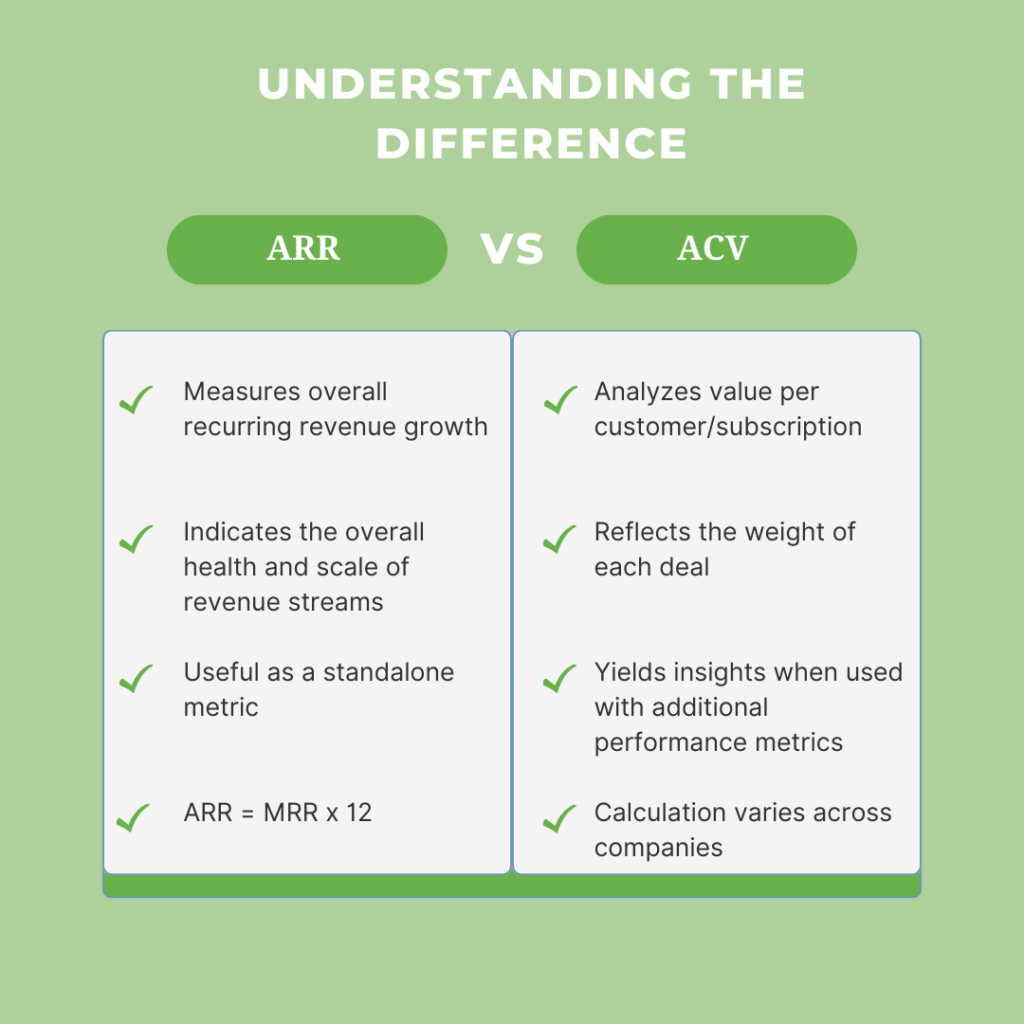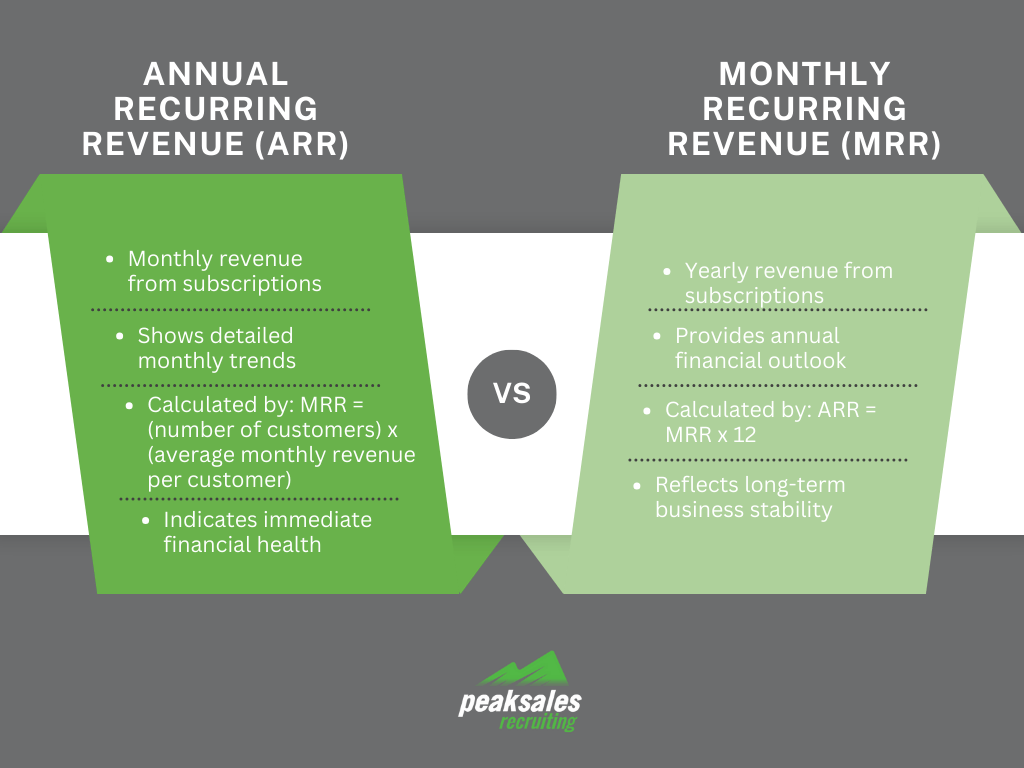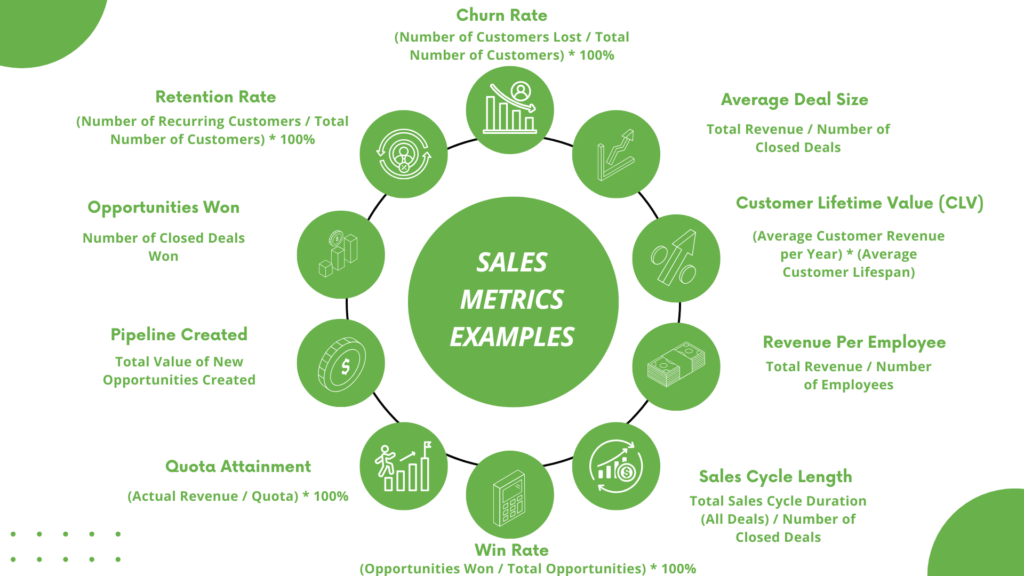In the sales industry, motivating your team to achieve (and exceed) targets is crucial to success. A well-designed sales commission plan is a powerful tool for driving performance, and a tiered commission structure can be particularly effective. But what exactly is it, and how can you leverage it for your sales team’s success?
What is a tiered commission structure?
A tiered commission structure rewards salespeople with progressively higher commission rates as they achieve greater sales volume or exceed specific performance goals. Unlike a flat commission rate (where everyone earns the same percentage on every sale), tiered structures create a series of thresholds (tiers) with increasing commission rates. This incentivizes salespeople to push beyond minimum quotas and strive for higher sales achievements.
Here’s a breakdown of the critical components:
- Tiers: These are defined sales performance levels, often based on metrics like revenue generated, number of deals closed, or new customer acquisition.
- Thresholds: Each tier has a specific threshold that a salesperson must reach to qualify for the higher commission rate associated with that tier.
- Commission Rates: These are the percentages of the sale amount that sales professionals earn at each tier. The commission rate typically increases as they move up the tiers.
- Base Pay or Fixed Pay: In addition to the tiered commission structure, salespeople may also receive a base pay or fixed salary to provide a stable income regardless of their sales performance.
For example, a salesperson might earn a 5% commission on sales up to $10,000, 7% on sales between $10,000 and $20,000, and 10% on anything above $20,000.
Learn more about different types of commissions by reading “Decoding Sales OTE: A Guide to On-Target Earnings.”
When to use tiered commissions
Tiered structures are a good fit for companies that:
- Have ambitious sales goals: The increasing commission rates encourage salespeople to push for higher achievements. Incentive programs are designed to push sales reps to reach certain milestones.
- Sell high-value products or services: Higher commission rates on more significant deals incentivize salespeople to close them.
- Want to reward top performers: Tiered structures recognize and reward salespeople who consistently exceed expectations.
However, tiered structures might not be ideal for:
- Companies with new or inexperienced salespeople: A complex structure can overwhelm new hires in their first job.
- Low-margin products: High commission rates might affect profits and the company’s bottom line.
- Inside sales teams: Motivation might come from call volume or lead generation factors that aren’t directly tied to sales numbers.
Looking to hire top sales talent? Let us help you grow your sales department.
The pros and cons of using tiered commissions
Pros:
- Increased sales performance: Tiered structures motivate salespeople to exceed quotas and close bigger deals, ultimately increasing sales pipeline velocity and team productivity.
- Improved sales team morale: The opportunity to earn more through increasing payouts can boost motivation and create a healthy competitive spirit.
- Focus on high-value sales: The structure can incentivize salespeople to prioritize more significant, profitable deals that align with company goals and market share growth.
Cons:
- Internal competition: A poorly designed structure can create unhealthy competition within the sales team, potentially hindering collaboration and increasing the turnover rate.
- Administrative complexity: Tracking performance across multiple tiers can be time-consuming, especially without sales commission software.
4 best practices for designing a tiered commission structure
To make the most of a customized compensation plan, sales leaders should keep the following tips in mind:
- Set clear and achievable goals: Tiers and thresholds should be ambitious but attainable to motivate sales representatives.
- Align with company objectives: The structure should incentivize behaviors that support overall sales goals, not just individual sales volume. This ensures alignment with business goals.
- Communicate effectively: Ensure salespeople understand each tier’s structure, calculation methods, and what’s expected. Transparency is key.
- Monitor and review regularly: Track performance data using several KPIs (key performance indicators) and adjust the structure to maintain effectiveness.
3 examples of tiered commission structures
Here’s a table illustrating different commission structures:
| Sales Performance | Flat Commission | Tiered Commission |
| Up to $10,000 | 5% | 5% |
| $10,001 – $20,000 | 5% | 7% |
| Above $20,000 | 5% | 10% |
Beyond the basics: Additional considerations for your commission plan
- Revenue commission percentage vs. commission cap: While tiered commission structures offer increasing percentages, some companies may also set a commission cap, which limits the total amount a salesperson can earn in commission regardless of their sales volume. This can help manage risk and ensure profitability.
- Gross margin commission structures: In some cases, commission rates might be based on the product’s gross margin.
The bottom line
A well-designed tiered commission structure can be a powerful tool for motivating your sales team to achieve peak performance. By understanding the pros and cons, best practices, and examples of different structures, you can create a well-structured commission plan that drives sales growth and rewards top performers.
For more sales guides and tips, check out our blog.



